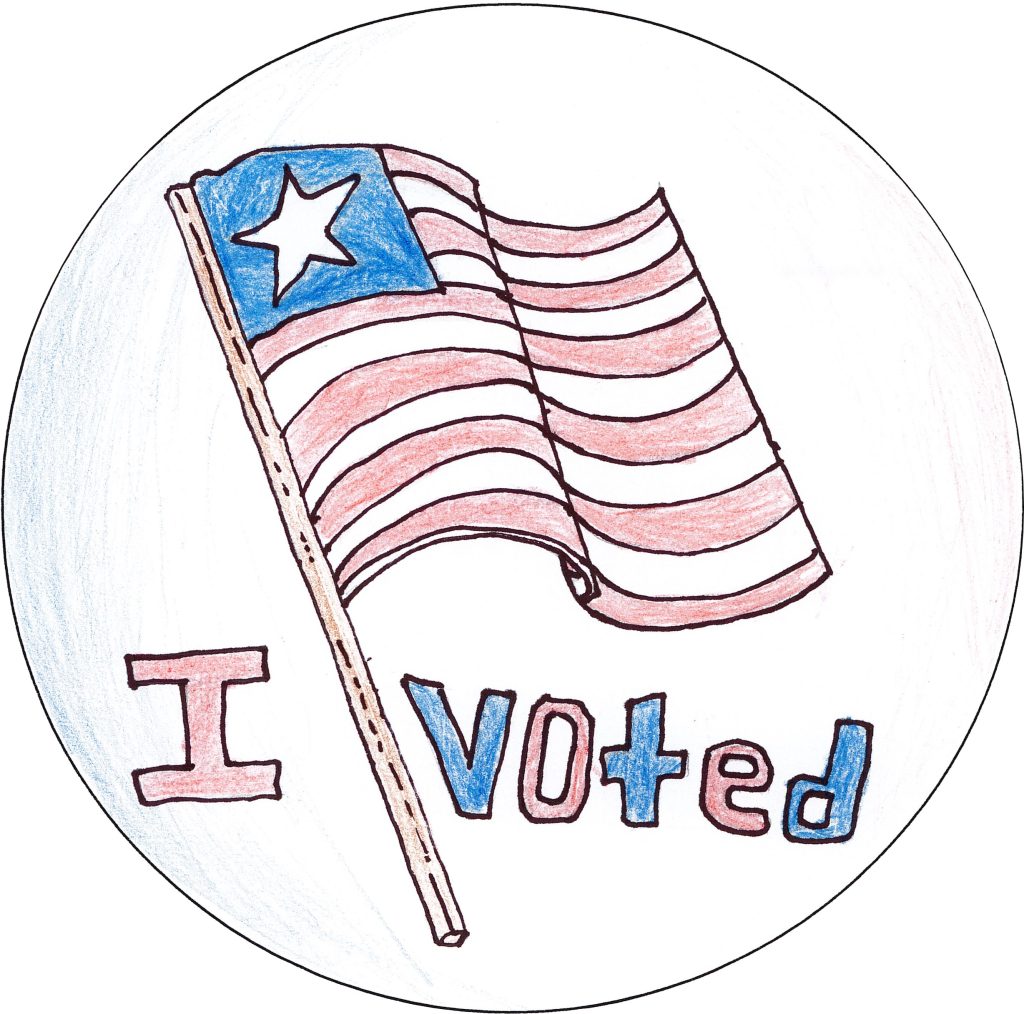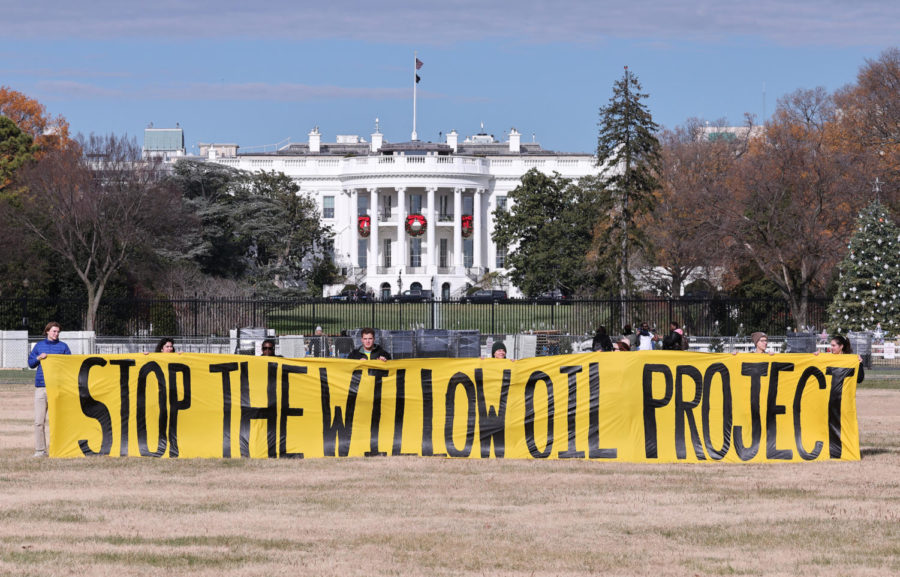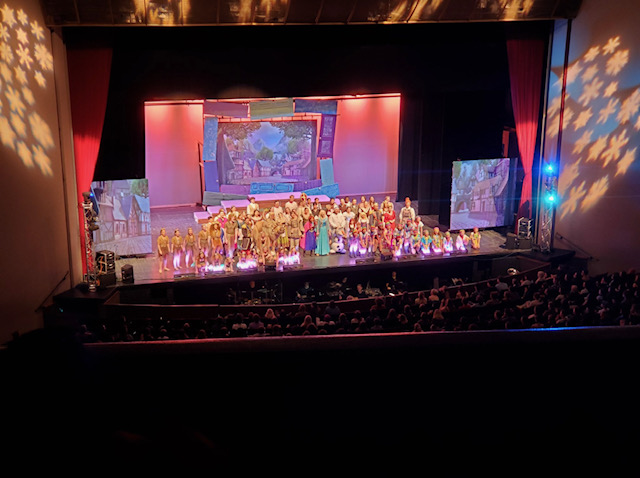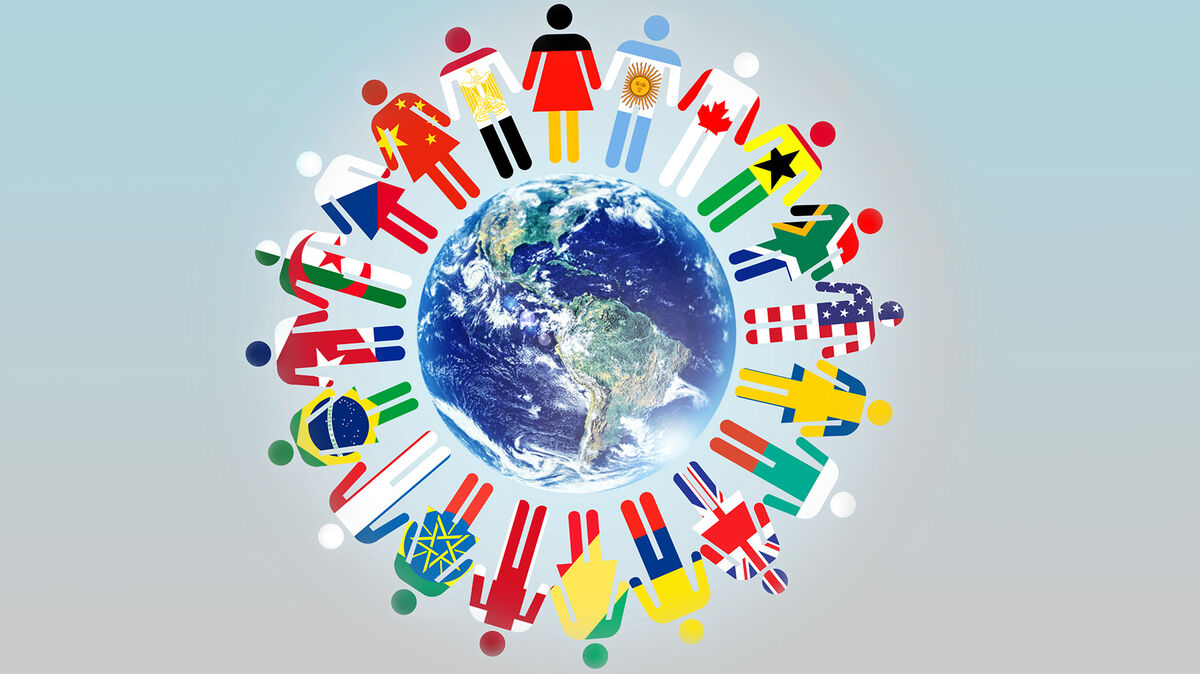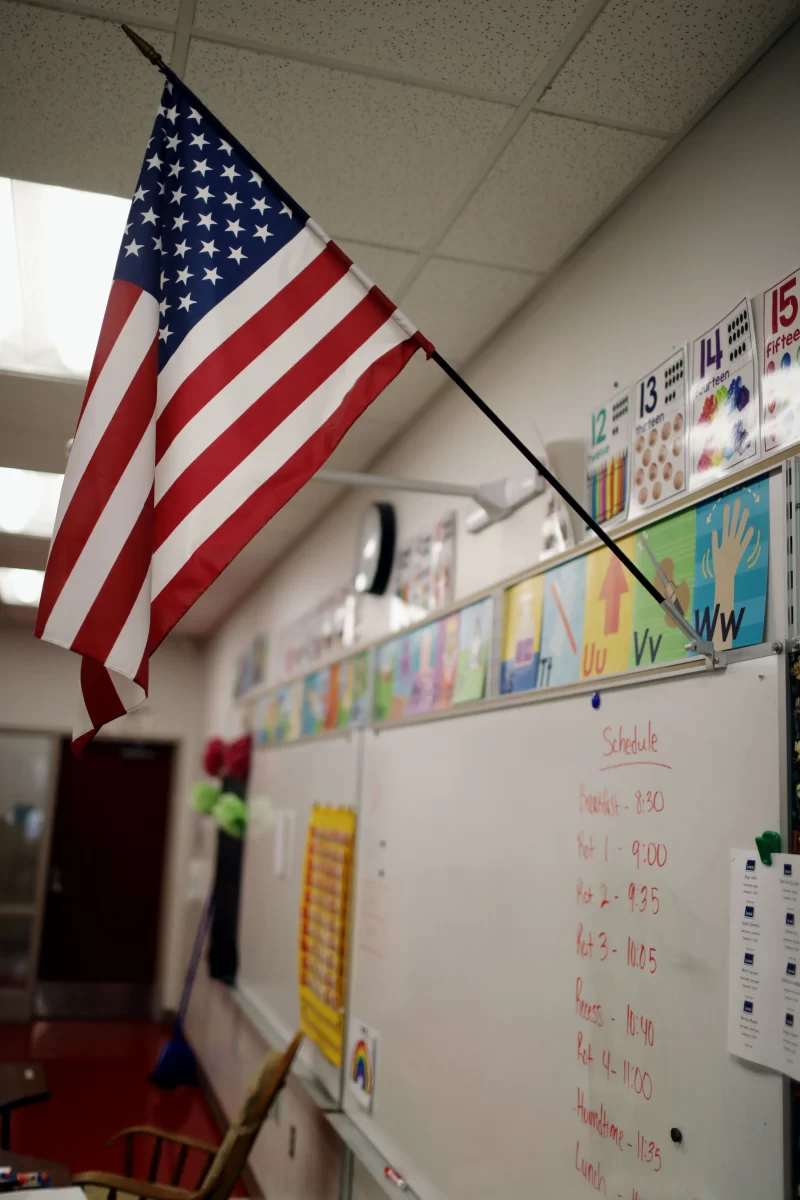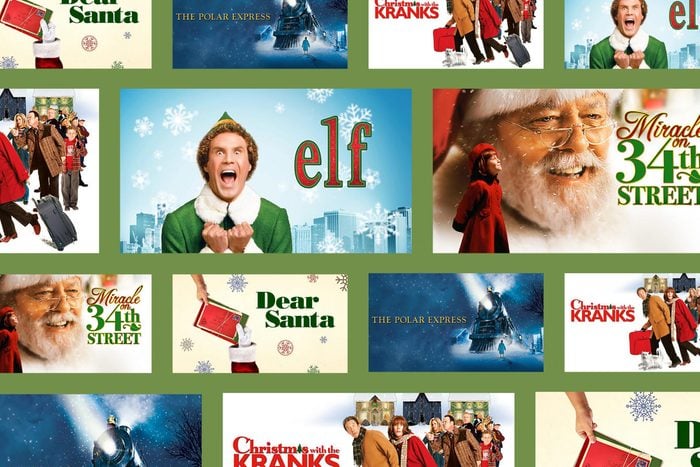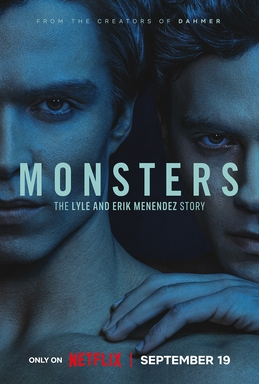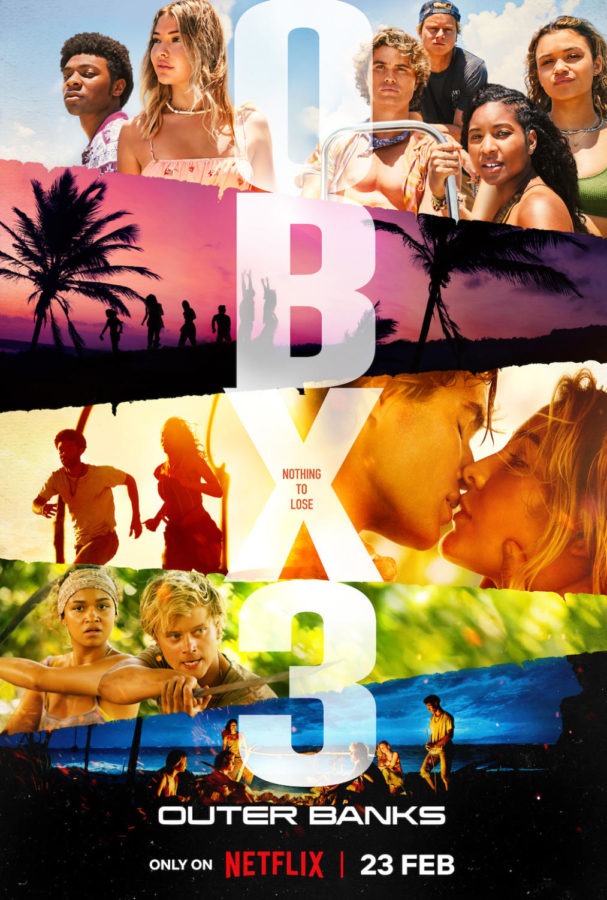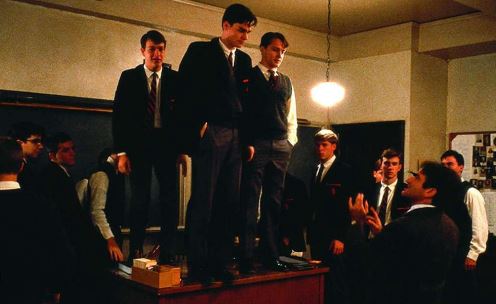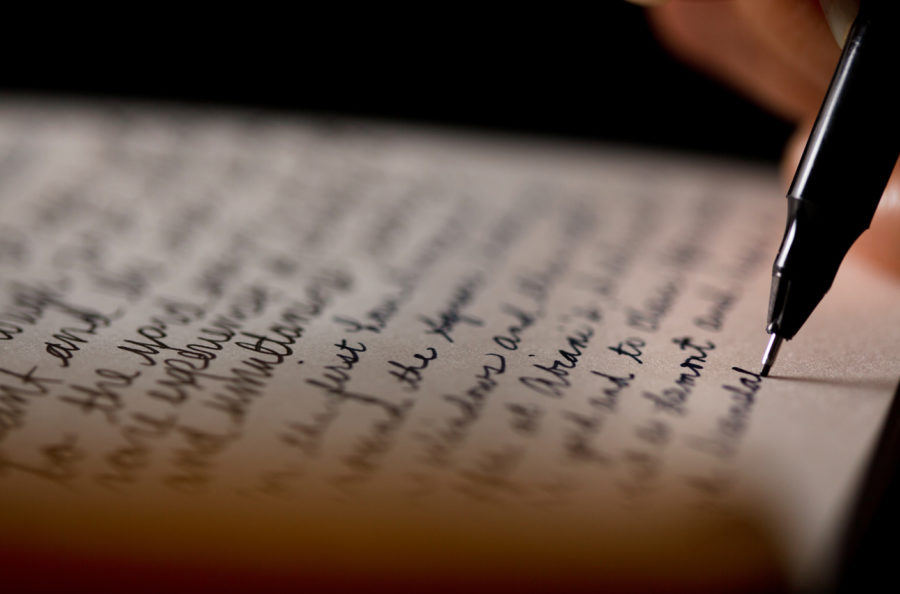The Twitter Tyranny
Are Twitter’s practices of banning and censoring people ever warranted?
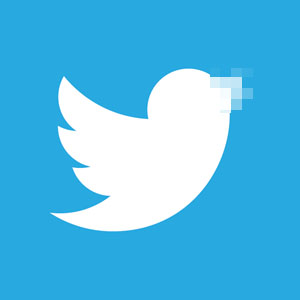
December 17, 2018
Out of all the social media platforms that are “in” today, Twitter seems to find itself capturing the attention of the masses the most. The site takes a different approach than other social networking sites in that it primarily focuses on news and events happening throughout the world as opposed to the interpersonal communities of friends that are the highlight of sites like Instagram. Twitter pushes this feature to the point where even if you follow no one remotely involved in politics, news or the like you are all but guaranteed to see those topics in your feed. So naturally, people are bound to commentate on whatever they may see, and as a result there are many different viewpoints from people all around the world flooding in on news articles, political issues, and other hot topics. But with all the diversity of opinion there are bound to be people who have, quite frankly, bad ones. At least, in the eyes of Twitter; if Twitter and its moderators, or Twitter users in general don’t like what you have to say, you’re
liable to be locked out of your account, suspended or banned–simple as that. Pretty silly, right? People can get banned for Twitter for nothing but posting a meme. You’d figure that’d be considered censorship, but a surprising number of people always seem to jump to Twitter’s defense, claiming that since it is a private corporation and institution, it makes its own rules and has free reign. Twitter’s fun when it needs to be, but in reality it has proved itself to be corrupt, as far-fetched as that may sound, as its practices of banning people left and right are at worst unconstitutional.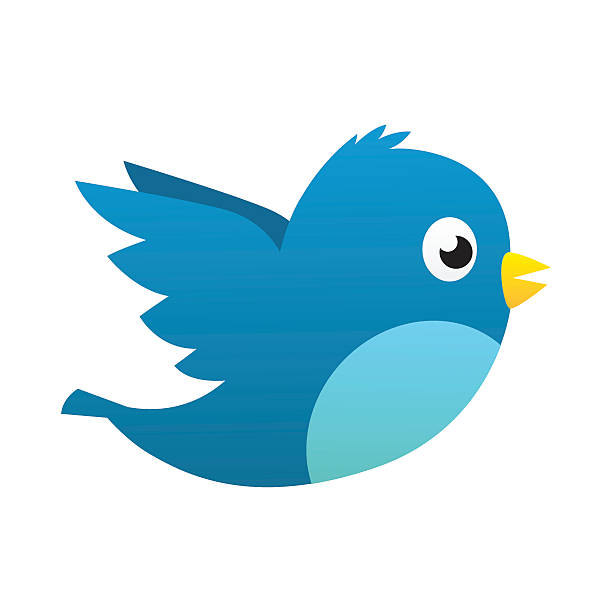
If these “privatized” social media corporations can censor anyone who says something bad or overall unpopular in the eyes of these sites, is that not essentially modifying human discourse and turning eyes away from the opinions of others, however bad or offensive they may be? Doesn’t a society where people aren’t allowed to think a certain way, use certain words, or speak about certain things sound suspiciously similar to 1984? Yes, hate speech is bad, but by locking away from social media those who preach it they are preventing others from combating hateful discourse with their own thoughts and reasoning. The best way–the only way, I’d argue–to counter a bad person’s speech is with the speech of a good person.
The main point people use when supporting the censorship and deplatforming of people on social media is that the corporations running the sites are private. Well, they aren’t entirely. Take for example Twitter. Twitter is tax-subsidized, hosts government figures pages and services: all in all it is definitely a public platform. Technically when you are permanently banned from Twitter you are being denied those services, and so long as you are a citizen legally living in the US that has not committed a felony crime you are absolutely entitled to those services that Twitter offers, regardless of what you say on the platform (so long as you are not inciting violence or giving instructions on how to cook crack in the microwave, or anything like that). This is all according to a federal court. Twitter is essentially a public platform at this point, and it is your constitutional right to use it. It was legally ruled that Donald Trump can’t block people from seeing his page, so by banning people from the platform is Twitter not doing the same thing? Besides, not everything the other side says is hateful or violent. It’s a problem when the side in charge thinks so. The totalitarianistic banning of anyone who doesn’t completely conform to their agenda by Twitter is a primary reason why sites like Gab, a social media site that takes pride its denouncing of censorship are becoming more popular. Of course, many radical Twitterers denounce Gab as a site for Nazis and Nazi sympathizers, when in reality the site mostly consists of people trying to find a place where they won’t get deplatformed for having an opinion that isn’t in the common interest of multi-million dollar elite corporations. No matter how bad a take is, social media platforms have no right to interfere unless the statement is in direct violation of the law.
Besides, free speech is more than just a writing on a 250 year old piece of paper. What’s most important is the principle of free speech itself. The philosophy that people should be allowed to express what they want to express is the biggest and most important proponent for discourse and free thinking. No single person or corporation should be a gatekeeper to what people can and cannot think. Controversial viewpoints make people think. They think for themselves. They think about how the new viewpoint is correct and how it is not. They think about how their side is right and wrong, too. And they make up their own mind. When someone says something hurtful, the responsibility and choice of how to respond lies in us. But if that idea is not allowed to reach us in the first place, how will we learn how to deal with bad people who want to spread falsehoods and hate? We won’t.

